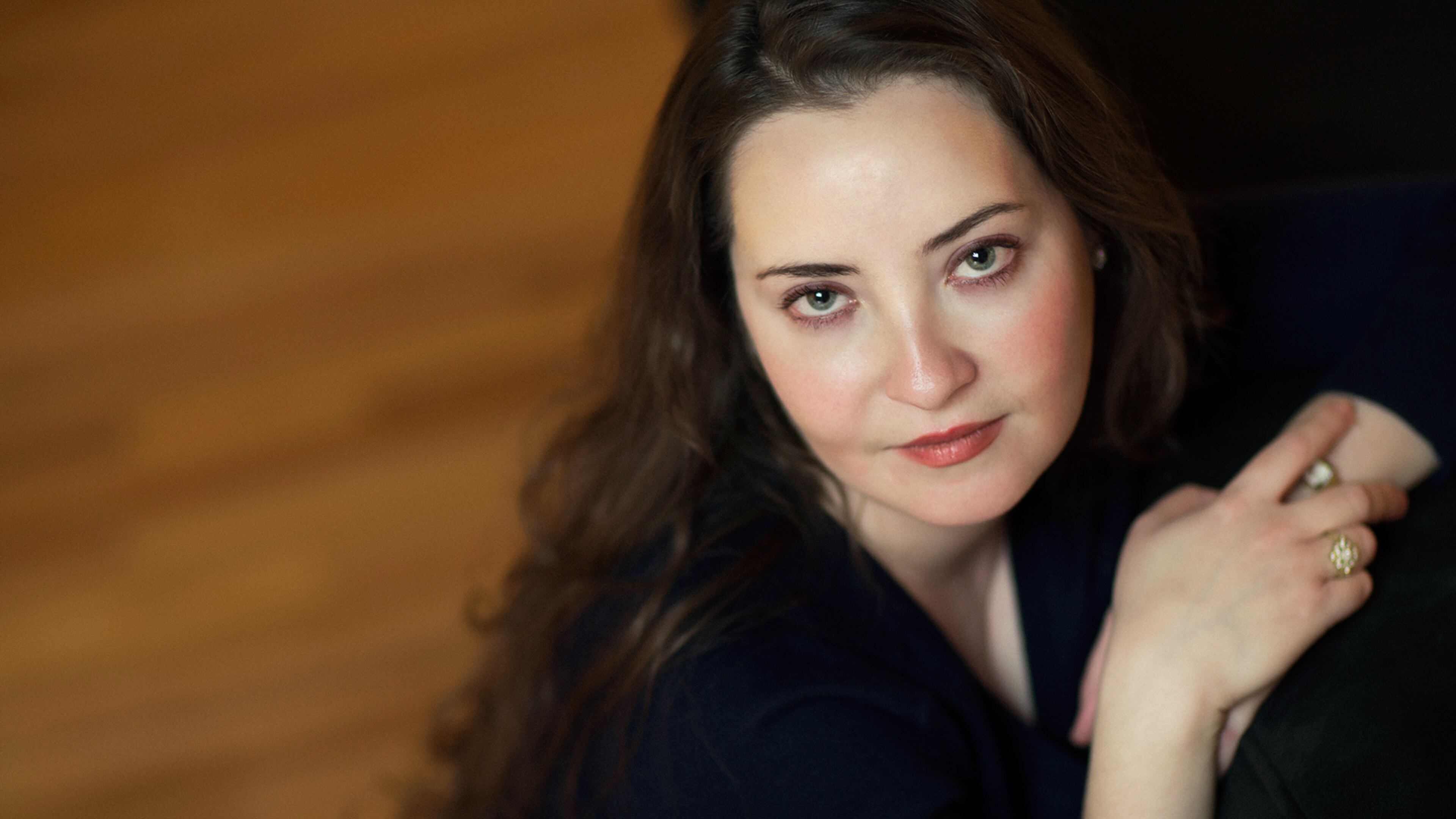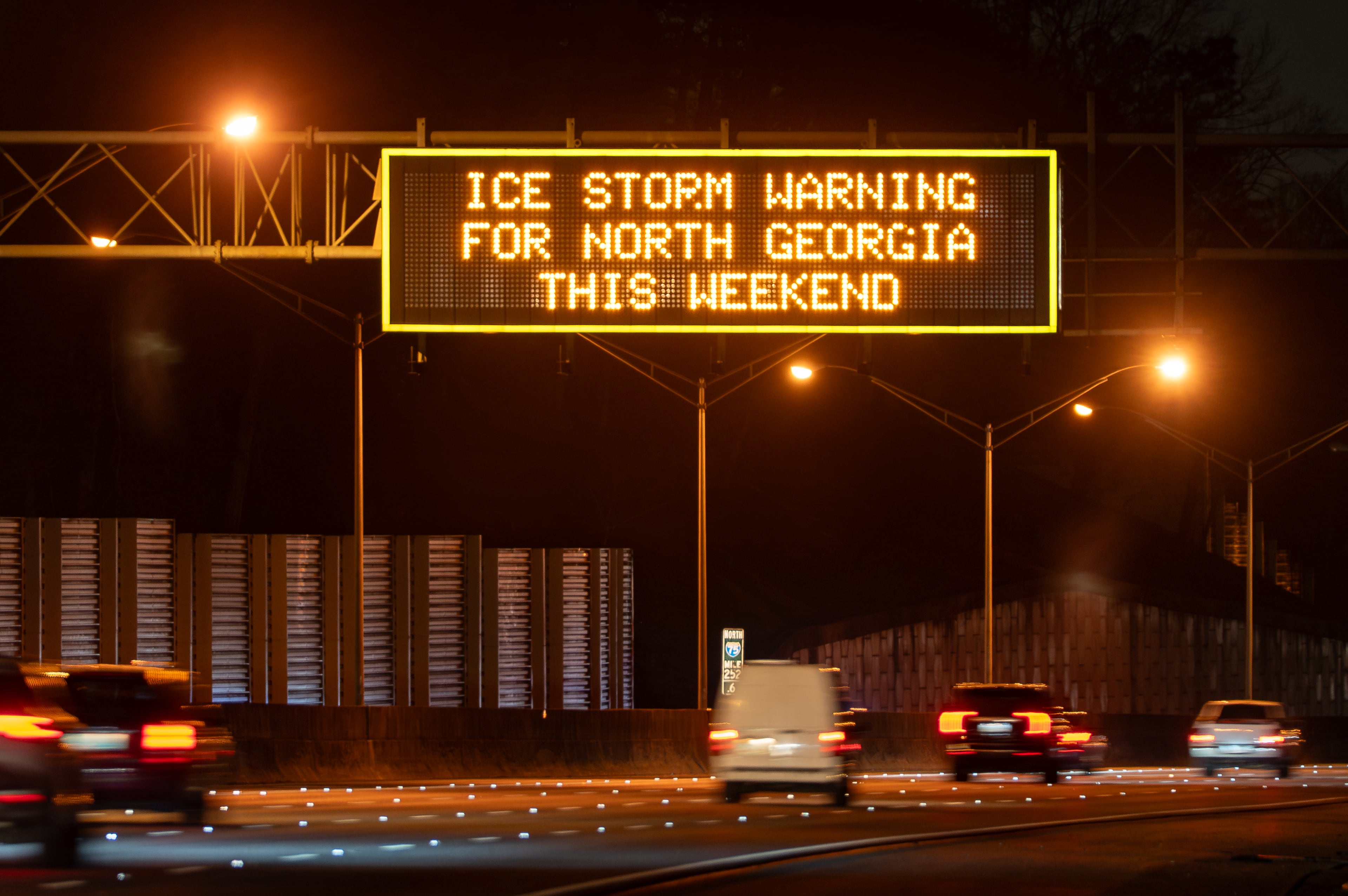Book Review: Human bond a ray of hope in dystopian ‘Here Lies’

“Here Lies” is a stunning and evocative work of speculative fiction by Mississippi author Olivia Clare Friedman about two young women brought together in the year 2042 by their mutual grief as they wade through the mire of climate-battered Louisiana. Exploring the potential physical ramifications of, and social reactions to, global warming, “Here Lies” is a tender examination of the enduring bonds of humanity amid a bleak and dystopian future.
Rising water levels have caused the United States to outlaw burying the dead, making cremation mandatory. All Alma’s mother wanted when she died was to be buried with her parents. But cemeteries have been bricked up and a task force created to incinerate the deceased, their ashes stored in government facilities into perpetuity. The only family allowed to reclaim these remains are “only next of kin” — those with no other living relatives. On the slim chance that after a rigorous application process the ashes are released, they “must be kept in the urn. They may not float in the sea. They may not rise in the air. You may not scatter. You may not bury.”
Friedman does not divulge why the government is intent on keeping the ashes of deceased citizens intact and in its possession. Instead, she doubles down on the attack on freedom of choice after death by suppressing the act of mourning itself. By the end of the book, the Senate has outlawed funerals and is excavating cemeteries to sell the land for profit. The dehumanization of the deceased is the foundation of this complex and nuanced story that foretells of a pervasive disregard for humanity.
Alma is 22 years old and has been alone since her mother died six months earlier. She does not know how to “mourn her without her, without her body or her ashes. Did not know how to have a funeral for the deceased without any presence of the deceased.” Alma is determined to obtain her mother’s ashes and while researching the process at the library, meets Bordelon.
Nineteen years old and on her own since the death of her grandmother, Bordelon is even more lonely and in need than Alma. They reluctantly bond, although both find it difficult to shed the hardened shell of isolation. Bordelon moves out of her car and into Alma’s dilapidated house. They settle into an alliance of survival, forming a friendship in this climate-ravaged dystopia.

Technological advancements are strangely absent 20 years in the future, removing a source of distraction often present in futuristic tales and keeping the focus fixed on the human cost. The same social media today exists but orbits in the background. Many of Alma and Bordelon’s cultural references are pulled from the late 1900s. “They thought the future was hoverboards and fancy microwaves, but it wasn’t,” Bordelon observes one night while watching “Back to the Future II” and munching on Zapp’s chips. “The future was this.”
The human experience isn’t the only living thing Friedman’s technologically stunted future highlights. Trees are dying and bird species are falling extinct, devastation that feels more tangible when set against the banal backdrop of an episode of “Family Feud.” There is frequent flooding and severe erosion; surging storms and hurricanes occur with regularity. There is an overwhelming sense that there’s nothing to be done but endure, storm after storm, unaided and nebulously floating through life.
The absence of social and medical improvements is glaring. Friedman’s future is one without choice, in life and in death. In addition to forced cremation, abortion is illegal after six weeks. Healthcare is still expensive and unattainable for the poor. Unemployment is the norm, not the exception. Detachment and hopelessness pervade.
The one male character Friedman places in this novel, the parish clerk officer in charge of reviewing Alma’s application for her mother’s remains, provides a powerful allegory. Projecting hostile indifference throughout their interview, he’s the personification of a government so focused on controlling its citizens, it’s forgotten they’re human beings who feel.
Despite the despair, there are glimmers of hope shining through in this dismal and restricted atmosphere. The friendship Alma and Bordelon form is born from mutual need and loneliness. But it grows to offer each of them an anchor, a sense of family and brings purpose to their chaotic and claustrophobic realties.
Alma is pulled from her unexpressed grief by her concern for her new friend. Bordelon is a young woman who exists without choice over her own life and needs somebody to lean on. It’s as important for Alma to spend her dwindling funds on Bordelon’s medical care as it is necessary for Bordelon to accept her charity. While both characters feel vulnerable during this exchange, it establishes the pathway of give and take that becomes critical for each woman’s survival.
Together they journey toward freedom — from a suppressive and dictating government, from the consequences of a planet at war with itself, from the bleak despair of isolation. Alma’s quest to obtain her mother’s ashes and lay her remains to rest force the new friends to venture into the unknown as they search for their subjugated humanity.
“Here Lies” is an intimate examination of a future that, despite climate catastrophe, manages to impart hope. Life is unstable and difficult, yet much of what informs the human experience hasn’t changed. The people we love, the relationships we keep and our willingness to venture into the unknown all keep humanity moving forward.
FICTION
by Olivia Clare Friedman
Grove Press
208 pages, $26

